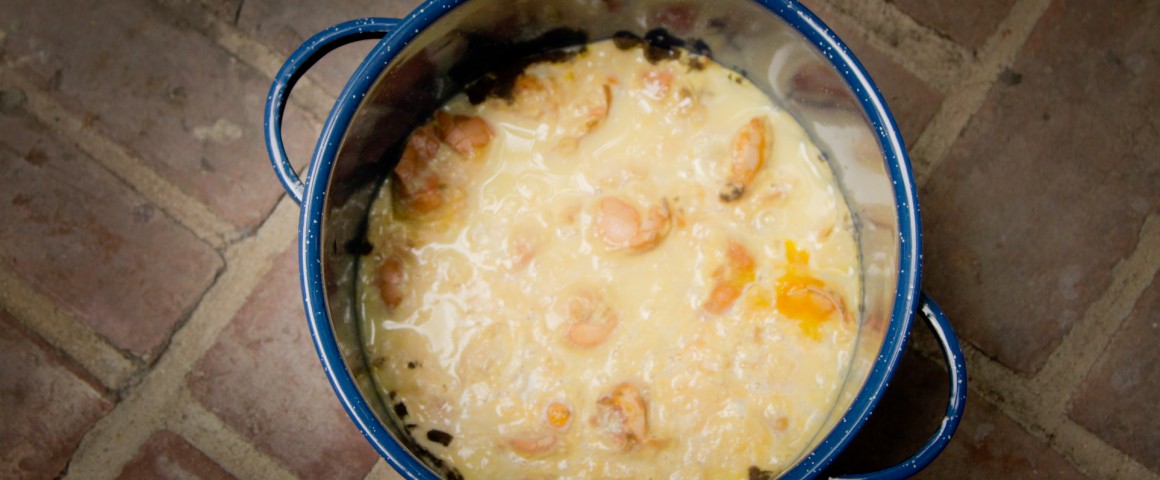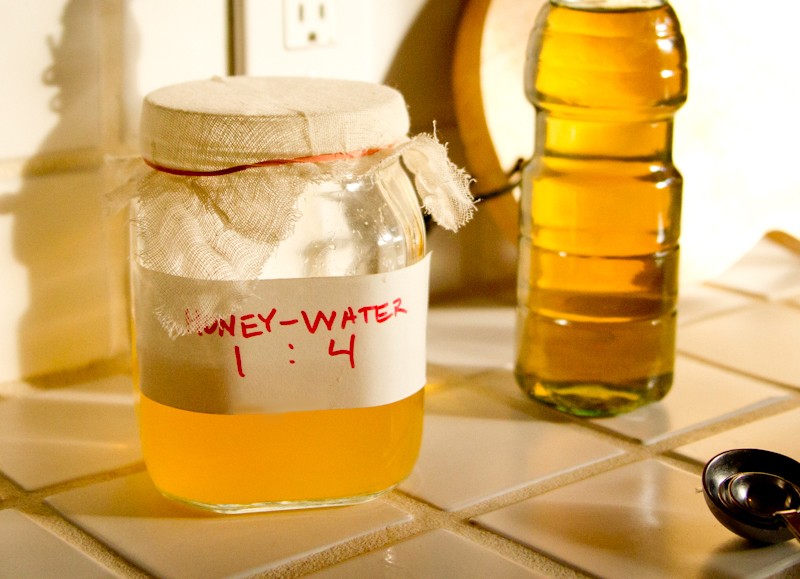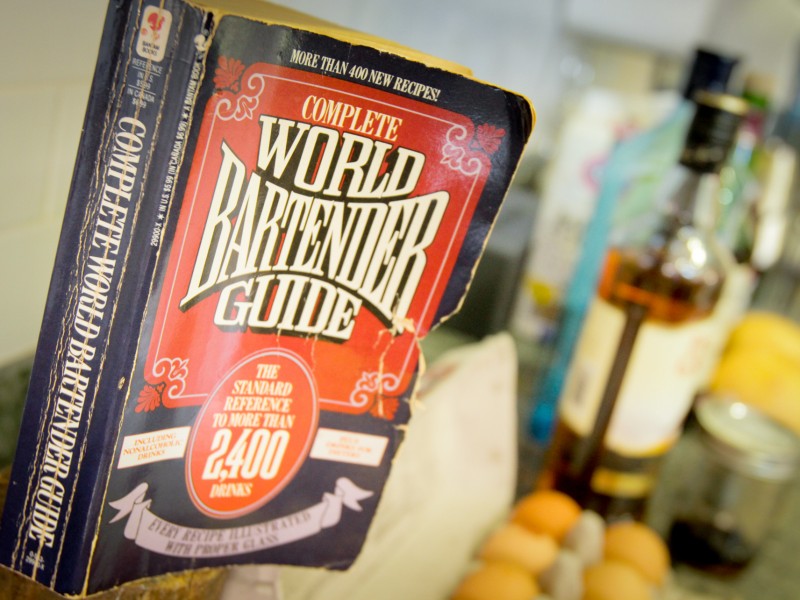On April 5, 2015 at 02:31 PM, Marjiann Moss <xxxx@xxxx.com> wrote:
Dearest Eric,
This sounds hysterical, and if it works, I’ll be amazed. Yes, I think a quarter recipe sounds about right for a trial. At least at that point, it’s just a few eggs and lemons, not your precious rot-gut rum and, um, rock candy.
So I’m thinking, yes, lemon will “cook” proteins – think ceviche. And it has some amount of fructose in it, but limited, and apparently not enough to deter the spoilage of the eggs.
What I notice is that the eggs are exposed to the air and the lemon juice is sitting around them. If there were some way that you could use a smaller pot or jar so that the eggs were pretty submerged in the lemon juice, you’d have a better go of it. The air exposure is just going to invite it to rot. In order to cook in the lemon juice, they have to be IN the lemon juice.
Refrigeration would slow down the decomposition of the egg while it is slowly “cooking” in the lemon juice – ceviche is routinely “cooked” in refrigerated conditions to prevent the fish developing what it develops at room temperature, lime juiced or not (similarly, eggs, I would think). Refrigeration should not deter the “cooking” of the protein, nor the de-calcification of the shells (that’s a new one, and shells are very slow to dissolve in compost or in soil, as in when added to tomato plants to toughen the skins, so it must be the acid that causes a cellular destabilization of the calcium shells).
Whether air-tightness is critical or not to the process, it is known that if not protected, any unpreserved food or mixture will be subject to mold spores that float around in the atmosphere. It’s everywhere. And when they land…that’s how they used to raise bread pre-sourdough – you leave the mix out on the counter, natural “yeasts” (aka molds) settle on the dough, and it starts to ferment and rise.
And finally, blending. Hmm. Me thinks this destabilizes the egg, and exposes the more vulnerable yolk to air and contaminants. The albumin serves not only as food for the yolk/potential embryo, but as a protective barrier (although the membrane serves this primary role) to air and bacteria, since the shell is actually permeable. I think I would be more inclined to keep the yolks whole, but if we’re talking about a hangover treatment, I would guess that the original makers might have been in a condition that would contribute to the breaking of eggs, rather than controlling their wholeness.
There is one other consideration, from an historical perspective. Mold has been with us since the beginning of time, and is one of the transformative elements of the organic nature of the world. In pre-refrigeration days, it was commonly found growing on food, and what you did was shrug, say “oh, shucks”, and scrape it off. You didn’t just throw the food away – rotten eggs may be an exception, and everybody drew their own line somewhere, I’m sure. So maybe that’s what they did, not thinking it was harmful, or permeated the whole thing (and THEN they discovered it was a source of magic – penicillin!)
In sum, I would be pro refrigeration, a secure and air-tight lid, and although I have had plenty of experience with breaking up, it wasn’t about the eggs.
Love, Auntie M
PS. One thing – don’t use a metal pan! When they say crock pot, they meant crockery, or glass, never metal for this sort of thing. I know, it has an enamel finish, but, really, they say never metal.



'The A-1 Pick-Me-Up, Part 4: In Which Aunt Marjiann Reveals Herself To Be Some Kind of Expert' has 1 comment
April 8, 2015 @ 8:12 pm shannon
Aunt Marjiann has lots of knowledge! Hope the second time around works better. Good luck!